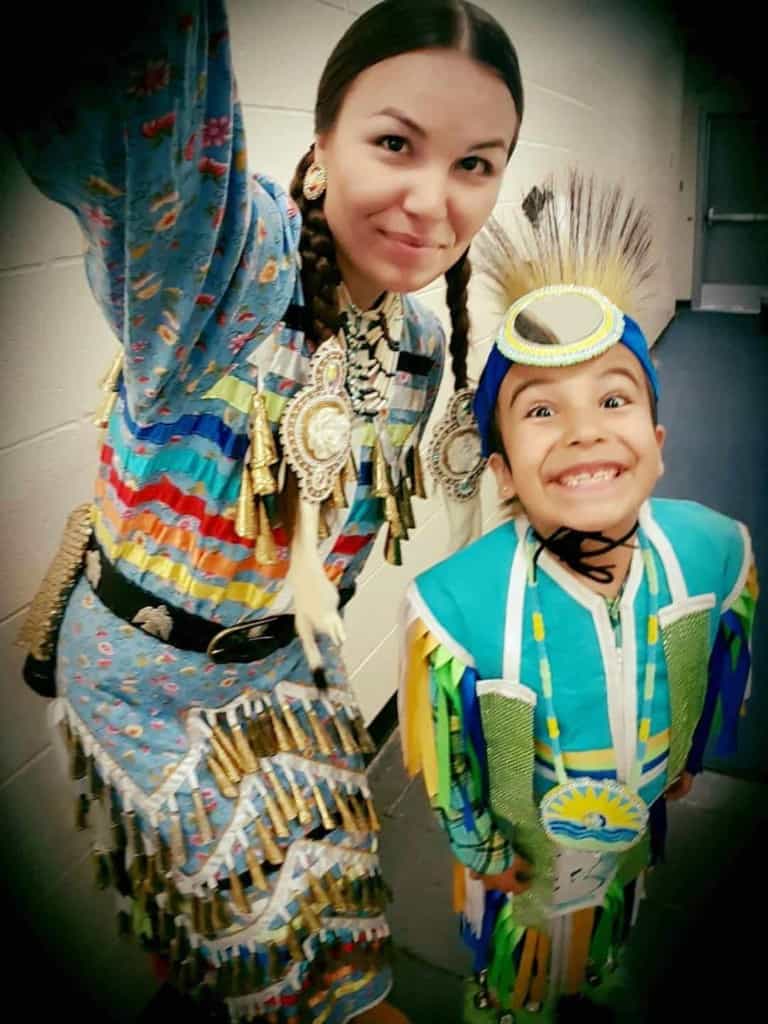Truth and reconciliation belongs to all of us
New policy holds promise for Aboriginal students
The meeting began as so many meetings often do in our city: with the reading of the Treaty 6 acknowledgement. I read it, taking care to pronounce Saulteaux correctly and pausing to feel the weight of the words: “We acknowledge all the many First Nations, Métis, and Inuit whose footsteps have marked these lands for centuries.”
This was last spring, during the Edmonton Public School board policy committee’s first meeting with organizations to discuss changes to our Aboriginal education policy. Since then the policy committee, which I chair, has met with parents, students, and community members. We used suggestions from those meetings and feedback from an online survey to create a new draft of the policy which you can read here: bit.ly/2RRUL8r.

As the committee begins a second round of consultations on this policy, I find myself reflecting on the suggestions and sentiments shared by high school students last spring and during conversations we held in December with students from five Edmonton junior high schools. Their comments have inspired me and taught me how we can and must do better to support all students in understanding, celebrating, and respecting our collective history.
One Indigenous student asked, “Why are my people only one chapter?” Another girl who recently moved from the North asked for a space to “reconnect with her culture.”
We heard stories of feeling alone, of racism that left wounds still difficult to talk about. We heard, above all else, a deep desire to be respected and understood.
As one student put it, “There is a difference between not knowing and not caring.”
We heard how valuable it is to spend time with an elder while at school, how being able to smudge on school property made all the difference in feeling welcome at school. We heard why having an Aboriginal liaison or, as one student called her, a kokum (Cree for grandmother) meant he wanted to attend school. We heard, in all of our meetings, that a greater awareness of First Nations, Métis, and Inuit culture is needed for everyone attending Edmonton Public Schools.
The policy is now called our First Nations, Métis, and Inuit Education Policy and is dramatically different from the previous policy written in 2007. It’s written in clear, positive language and establishes a vision for how the Edmonton Public School board will support reconciliation and strengthen the learning and academic achievements of Indigenous students. It outlines how respecting First Nations, Métis, and Inuit culture, language, and traditional practices contributes to inclusive and safe schools for everyone. And it does something that the previous policy did not: it holds the district accountable. If the new version of the policy passes, the superintendent of schools must provide an annual update to the board of trustees on progress made in support of reconciliation, student success, and achievement.
There’s a lot of potential with this policy. But we are not done yet. We need your input. Whether you’re a parent, a student, a community member, or someone who cares about truth and reconciliation, we need to hear from you in this next round of consultations. Do it for the children in your life, the children you have yet to meet, and the children who so bravely shared their own stories with the policy committee.
A public meeting will be held on Feb. 5 from 6-8:30 pm at amiskwaciy Academy (101 Airport Road, near Kingsway and 119 St). Find the EPSB online survey at: surveymonkey.com/r/HAA-BP_FNMI_Stakeholders2019.
Featured Image: Izaiah Swampy-Omeasoo, a student who participated in the board consultations last spring, with Trustee Trisha Estabrooks. | Edmonton Public Schools







